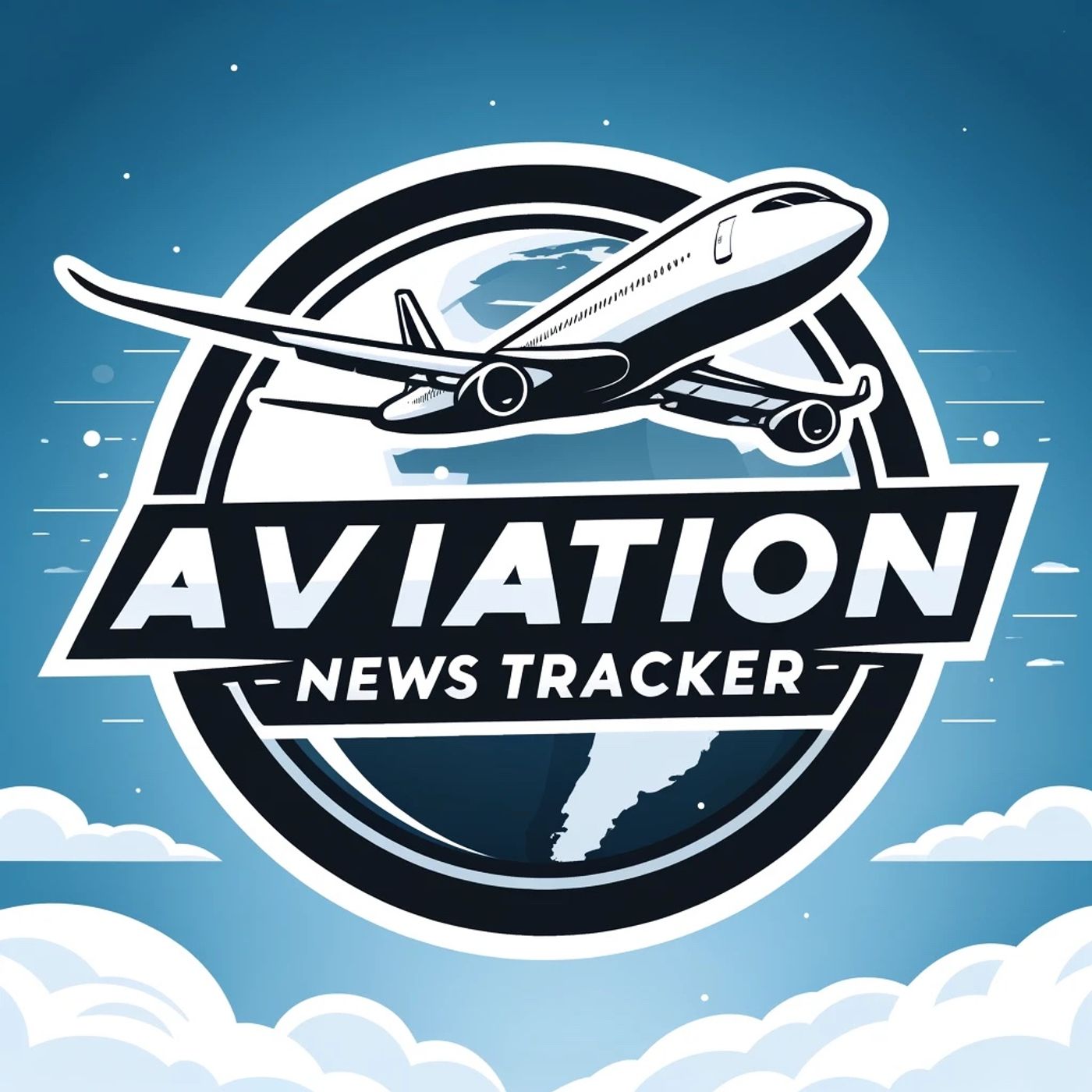Listen "Turbulent Skies: Airline Consolidation, Route Shifts, and Aerospace Challenges in a Changing Industry Landscape"
Episode Synopsis
The global aviation industry has seen significant shifts in the past 48 hours as major airlines and aerospace companies react to ongoing operational and economic challenges. In North America, WestJet completed its integration of Sunwing Airlines today, signaling a consolidation that is likely to streamline operations and cut costs as competition intensifies. The last Sunwing flight took place this morning, concluding a chapter in Canadian leisure travel and reflecting broader industry moves toward mergers to achieve efficiency and scale. Meanwhile, Air Canada has announced it will discontinue five U.S. routes for the Winter 2025–26 season, a decision likely influenced by evolving travel patterns and cost pressures as airlines continue to adjust their networks for profitability.On the international front, safety and operational resilience remain front and center. United Airlines experienced a high-profile engine fire on one of its Boeing 777s in Beijing on May 26, prompting a swift emergency stop. While no injuries were reported, such incidents underscore ongoing concerns about aircraft maintenance and supply chain disruptions that have been impacting both airlines and manufacturers since 2022.Across Europe and Asia, aerospace manufacturing is adapting to a slower but steady demand for new and replacement aircraft. Despite moderated growth, manufacturers are sustaining production, with a notable focus on more durable engines and advanced air traffic forecast systems. In Turkey, Turkish Aerospace Industries announced plans to produce 1,500 aircraft, drones, and helicopters by 2034, signaling the rise of new competitors and the shifting balance in global aerospace production. South Korea has also made headlines by beginning assembly of the KF-21 Boramae fighter jet, marking a major step in its domestic aerospace ambitions.Technological investment continues, with European air traffic control systems being modernized with more precise weather forecasting tools. Regulatory bodies, particularly the FAA, are calling for short-term airline sacrifices to address staffing and infrastructure challenges, reflective of efforts to manage congestion and safety at major hubs.Overall, the industry is seeing a continued shift toward consolidation and operational agility, driven by supply chain strains, changing consumer demand, and heightened safety standards. Compared to previous months, airlines are now focusing more on route rationalization and investment in technology to manage rising costs and emerging risks.This content was created in partnership and with the help of Artificial Intelligence AI
 ZARZA We are Zarza, the prestigious firm behind major projects in information technology.
ZARZA We are Zarza, the prestigious firm behind major projects in information technology.
